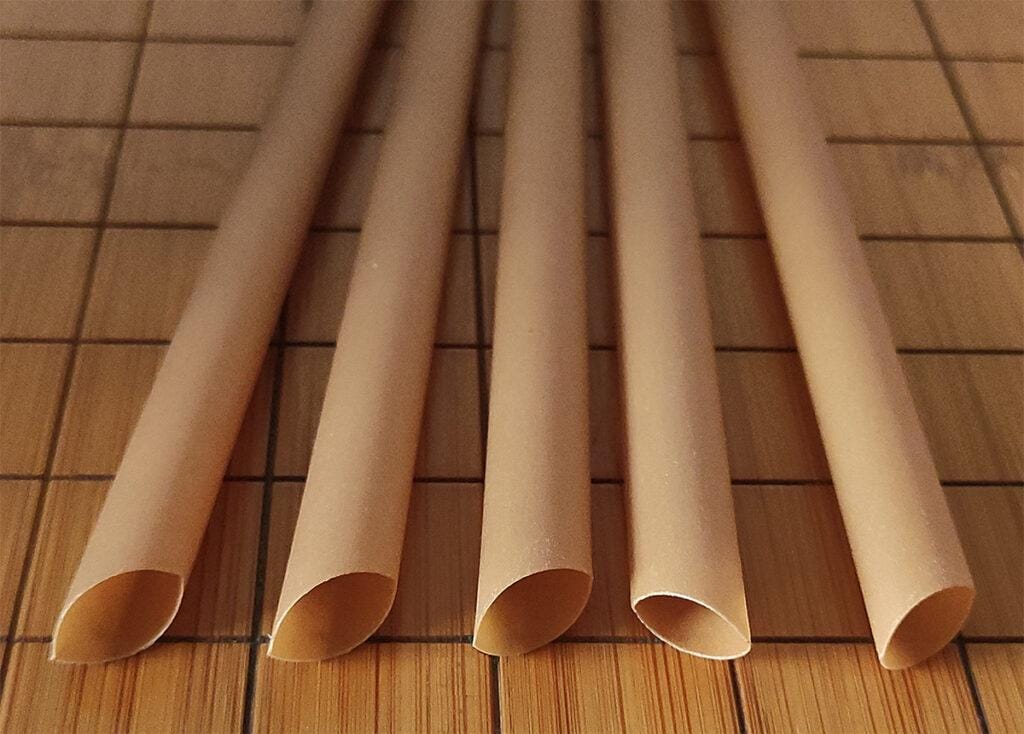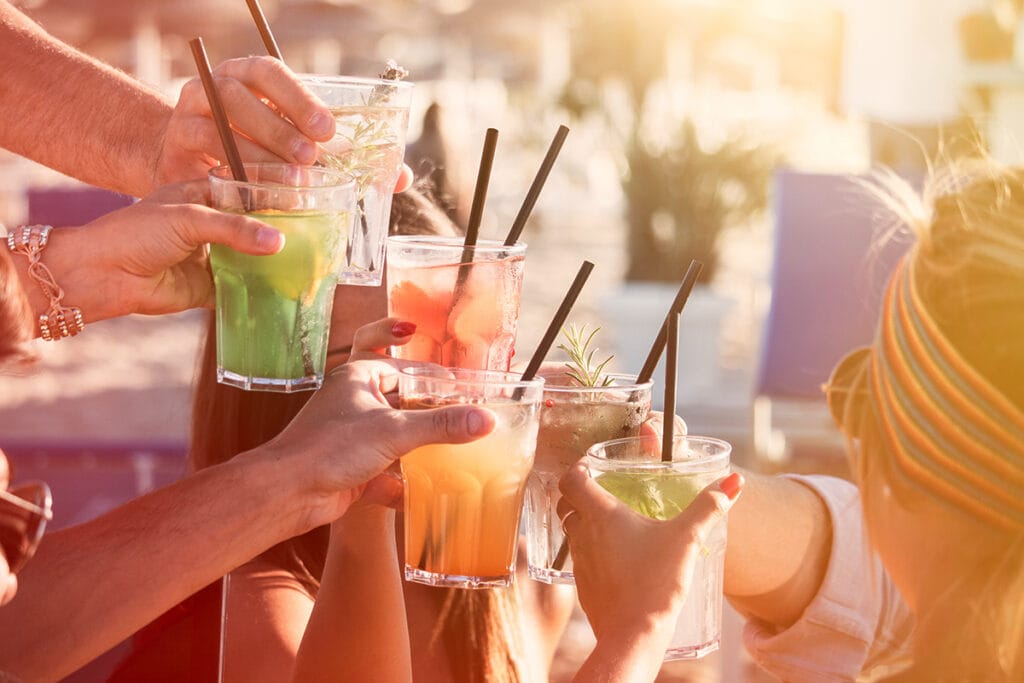
Why do we need to replace plastic?
Plastic is produced for its durability and corrosion resistance. Many companies also use it because it is inexpensive. However, plastic is very wasteful and has a negative impact on the ecosystem. Because it is designed to resist decay, it can take up to 20 to 500 years to decompose, depending on the material and structure. With many restaurants starting to do take-out and specialty drinks becoming a regular part of people’s daily lives, the use of plastic straws has increased dramatically. A study done by the World Wide Fund for Nature (WWF) shows that it takes an average of 200 years for plastic straws to break down! Even then, they don’t completely decompose. Even then, they don’t decompose completely.
In Canada, we use up to 55 million plastic straws daily, many of which become waste and are found in our freshwater environment. As a result, the Canadian government is taking action to end single-use plastics by 2022 as part of its zero-waste strategy. That means it’s time to look for alternative materials to replace plastic straws.
Generally speaking, paper straws are considered the best alternative to plastic straws. Yet is this really the case?

Paper straws are an important addition to the vision of a healthier planet because they do not take 200 years to decompose like plastic straws. While paper straws are biodegradable and compostable, they do have limitations. In movie theaters, for example, many patrons have complained about existing paper straws melting into their drinks while watching a movie and having a horrible feeling in their mouths after a few sips.
Studies have shown that paper straws have the following limitations.
- Tend to lose their shape and become soggy
- Can leave a bad taste in your mouth, often from the glue used to put them together
- Takes more energy and resources to manufacture than plastic straws
- May not be recyclable
- Some paper straws have a wax and film coating that affects their decomposition time
- May contain chloropropanol, which may contain carcinogenic, mutagenic or reproductive toxicity chemicals
- May contain PFA
And plant-based sugarcane bagasse straws are cheaper than paper and better than plastic. Compostable biopolymer straws made from renewable resources such as sugarcane fiber are a sustainable alternative to plastic straws. Unlike paper straws, these straws do not get soggy when wet. They look, feel, and function like plastic straws, but can be used for home and commercial composting.
Sugarcane bagasse is the dry, pulpy, fibrous material left after crushing sugarcane or sorghum stalks to extract their sap. It is used as a biofuel for the production of heat, energy, and electricity, and in the manufacture of pulp and construction materials.

However, a unique feature of sugarcane straw is that the biowaste is reused during its production. Bagasse is the biowaste left after the production of raw sugar from sugarcane, and traditionally it is burned. And burning bagasse is harmful to the environment. We pioneered the technology of combining bagasse with biodegradable bioplastics in 2018. Our sugarcane straws meet European biodegradation standards, which require compostable plastic to decompose after 12 weeks and biodegrade after 6 months. This means that 90% or more of the plastic material will be converted to carbon dioxide. Sugarcane straws do not contain any plastic and are made of compostable material. These straws can be used again if you wish. We will still sell them as disposable straws though.
These straws can be used not only in cold or warm beverages but are equally durable for hot liquids.
Drinking with a sugarcane straw does not affect one’s blood sugar. The grain is extracted from the sugarcane crop and the remaining plant fibers are processed into granules to form our sugarcane plant fiber straws.
The Sugarcane straws are available in straight, cocktail, and cut-tip styles. Custom printing is also available.
The list of benefits are as follows:
- Certified BPI compostable
- Free of BPA, phthalates, and other plasticizers
- Superior functional strength. No more soggy straws!
- Available for cold beverages (up to 122°F/50°C) and heat-resistant hot beverages (up to 176°F/90°C)
- Multiple options, including straight, cocktail and cut-tip
- Available in a variety of colors and sizes
- Custom printing available on the packaging

For more information on sugarcane straws or to receive free samples, please email: 1@momoio.com Contactor: Ching Chiang






